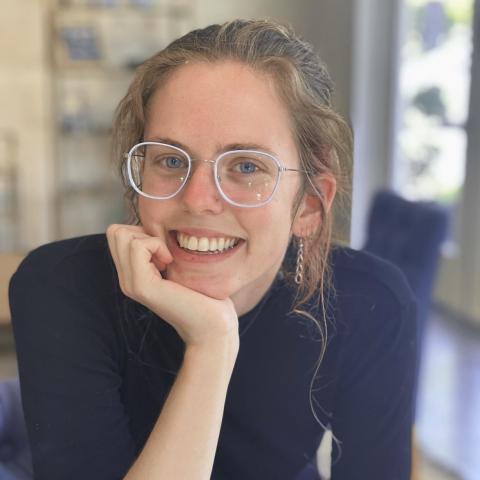
How can we combat food insecurity with limited access to healthy groceries and products while simultaneously lowering the abundance of food and material waste? In 2017, Winston-Salem consisted of 21 food deserts. These are places in which residents within a certain distance have no access to food. Along with the issues of little-to-no food resources, other places throughout the United States are wasting roughly 16 billion pounds of food per year, combined. This contributes to 11% of the world's greenhouse gas emissions.To help with the issues with food waste and food deserts, I have come up with a plan to open up refilleries throughout different food deserts. This will bring many new resources to the surrounding communities while also reducing food waste. These stores also use little-to-no packaging, which also helps lower their environmental impact. These refilleries will be located in buildings that have already been occupied in the past, that way no new buildings are being built. I am keeping the most environmentally friendly products and resources in mind when designing these shops.
Sarah Gainey is a Fleer student at Salem College. She will be graduating with a Bachelor of Arts degree in Design (concentration in Graphic Design). After graduation, she hopes to continue her education in architecture and acquire a Real Estate License.